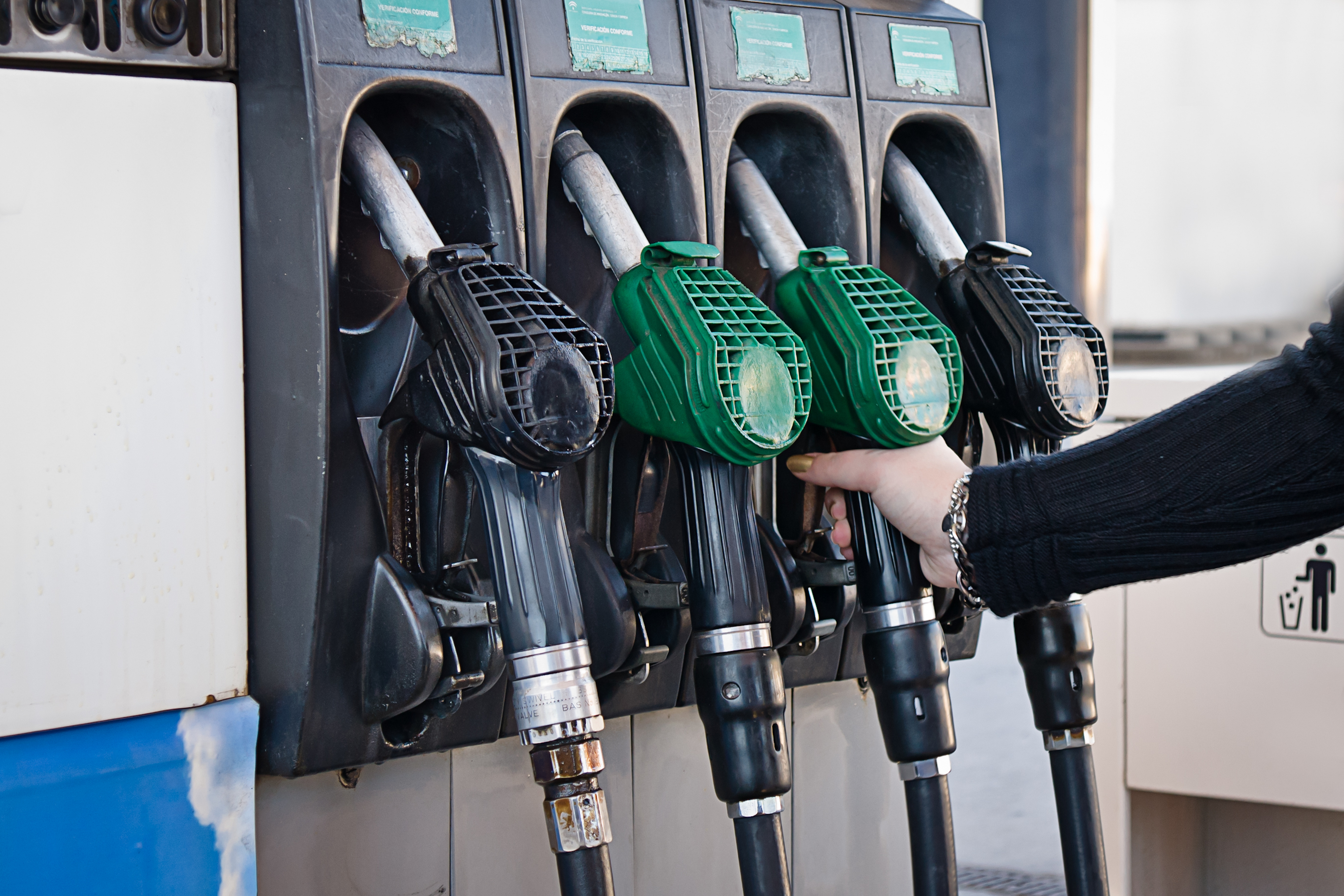Petrol and diesel both above 130p per litre
The pump prices of both petrol and diesel have risen for the tenth week in a row.
Petrol now averages 130.4 pence per litre while diesel is at 134.4p. These are the highest prices for four years.
Petrol has risen 12.2p in the past twelve months, whilst diesel is 14.3p more expensive than a year ago.
The highest pump prices ever recorded were seen in April 2012 when petrol hit 142.2p and diesel 148p.
Brent crude is trading at just below the $80 per barrel mark.
Chancellor Philip Hammond hinted earlier this week that he may scrap the eight-year freeze on fuel duty in this autumn’s Budget.
He told MPs his department’s analysis from 2014, which stated the benefits of the freeze offset all tax losses, would “have to be looked at again in the context of the economy today”.
Fuel duty has been kept at a rate of 58p per litre since 2011. Mr Hammond said:
“To support British households, the Government has frozen fuel duty for eight successive years, by April 2019 these freezes will have saved the average car driver £850 compared to the pre-2010 escalator and the average van driver over £2,100.”
However, The Treasury still receives 60% of the pump price in taxation, a mix of fuel duty and VAT.
Steve Gooding, director of the RAC Foundation, said:
“The Chancellor rightly says that drivers have benefited from a prolonged fuel duty freeze, but we shouldn’t forget that for many people real wages have stagnated or even fallen over the past decade.
“As it is, transport – and in the majority of cases this means running a car – remains the single biggest area of average household expenditure.
“Wider Government policy also affects the cost of fuel through its impact on the exchange rate. The continued rise in pump prices is partly driven by the weak pound against the dollar.”
ENDS
Contact:
Philip Gomm – Head of External Communications – RAC Foundation
[email protected] | 020 7747 3445 | 07711 776448 | 020 7389 0601 (ISDN)
Notes to editors:
The RAC Foundation is a transport policy and research organisation that explores the economic, mobility, safety and environmental issues relating to roads and their users.
The Foundation publishes independent and authoritative research with which it promotes informed debate and advocates policy in the interest of the responsible motorist.
All the Foundation’s work is available at: www.racfoundation.org


